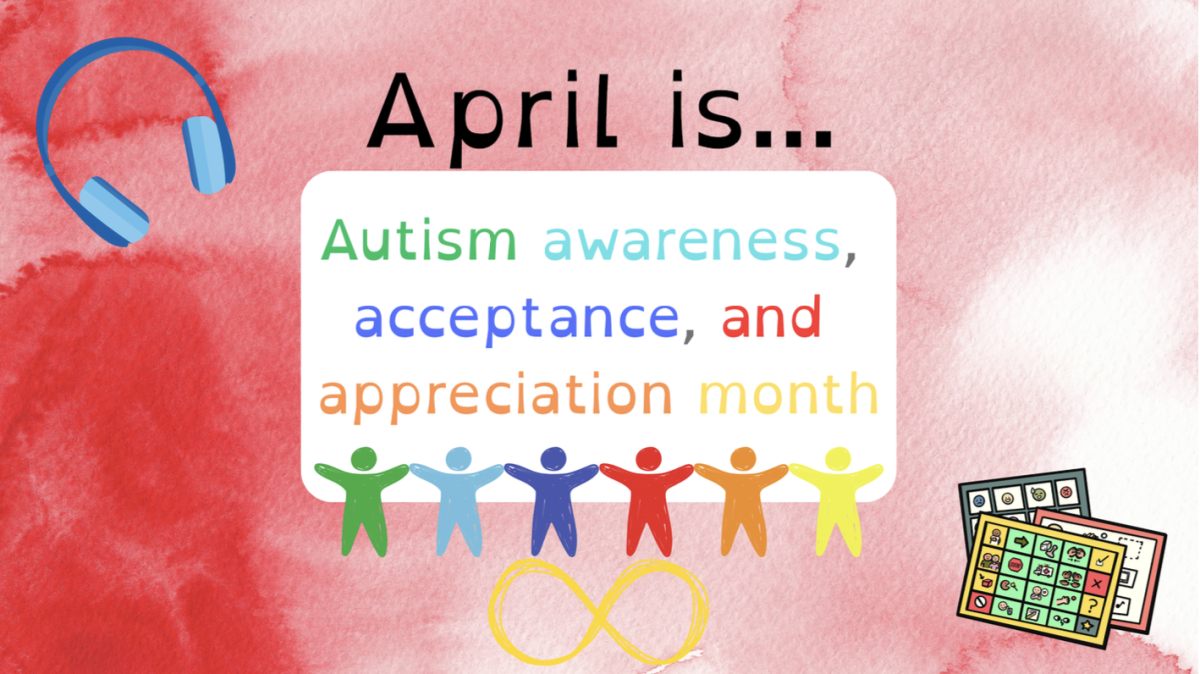There are a vast amount of pollutants that can ever so slowly degrade the Earth. When it comes to AI, and the use of it, we may not attribute it to contributing to pollution; however, it is easy to overlook what truly is happening behind the screen and coding, and it is not so helpful, for how easy accessing AI is.
Though, yes, AI can help us track emissions and the current state of the world, AI servers produce a decent amount of electronic waste. According to the United Nations Environment Programme, Data centers housing these servers require rare minerals and water, which are typically mined in ways that are unsustainable.
For example, making a 2kg computer requires 800kq of raw materials, and demands a lot of energy. Still, much of the world’s energy continues to come from burning fossil fuels, which we know already negatively affect our planet. Just pay attention to our summers.. They get hotter each year.
It isn’t just pollution AI has a hand in, though. Imagine how often AI is used, and how vital it’s becoming a part of our daily lives. It’s replacing and taking up job slots for people, and requiring less and less skilled workers to enter the job force. It is not only taking away resources from the environment, but providing a crutch for humanity where we can rely falsely on AI that is largely unreliable.
According to the United Nations University, there is a distinction between truthfulness and accuracy. It may measure accurate information and statistics, but may not convey the full truth behind what it is capturing. It will not be able to analyze as capably as people do.
With all the biased sources on the internet, what AI draws from is unreliable as well. Hidden biases and injustices existing in what the AI can analyze will draw unreliability as well, regardless of the accuracy it may seem to have.
In a world where AI is being used for jobs, job interviews, studying, and general day-to-day answers, ease does not always mean it is the best decision. The countless emissions that these centers for housing the servers are producing is driving us further into our future recession. We are, in a horrible and scary way, losing time.
The Climate Clock is a measure of how much time humanity has left before climate change becomes irreversible. It is displayed in the heart of NYC, near the NYU campus. As of today (April 7th, 2025), says that there is only 4 years, 105 days, and 23 hours left before the clock hits zero. Time is still ticking.




























